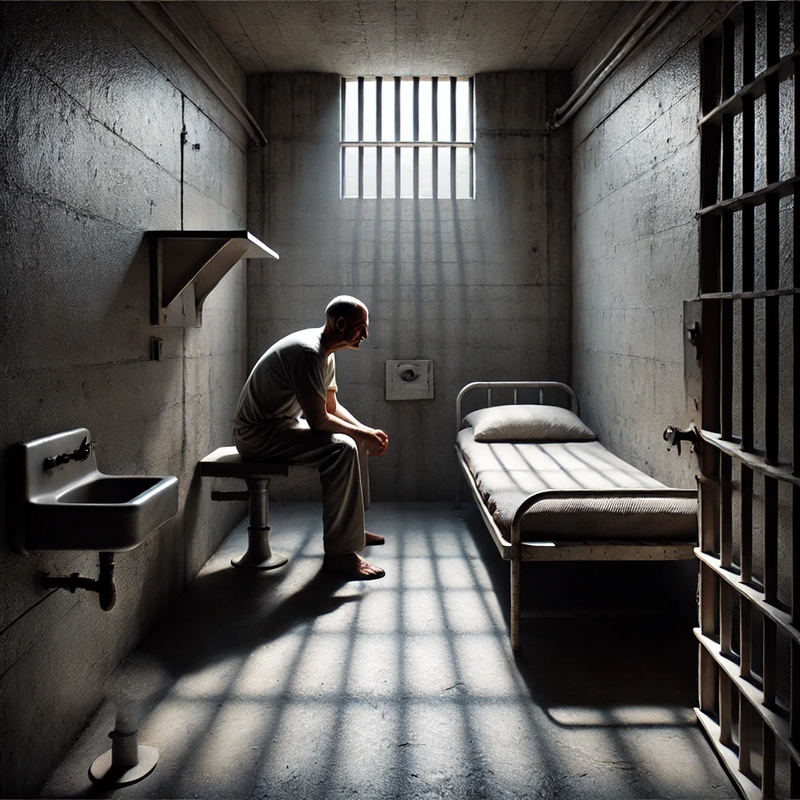
Greetings, death row occupiers.
Augustine believed that human evil stems from human free will and the Fall of Man in the Garden of Eden when Adam and Eve chose to disobey God, while natural evil, which we discussed in our previous letter, is a consequence of our fallen nature and moral failure.
So, murder, rape, genocide, assault, and war are all examples of Human Evil – people choosing to inflict death and suffering on others.
God doesn’t force anyone to behave morally anymore than he forces anyone to believe on Jesus Christ as savior. We each have unconditional free-will and we all live with the benefits, and consequences, of that remarkable freedom.
You can’t blame God for the evil free-will choices of people. But you can ask, “Why does God permit the innocent (sometimes) to suffer?”
Well, here’s the uncomfortable truth: God can and does shield from harm those who seek His divine protection as they ask in faith – everyone else is on their own, and if they live outside God’s hedge of protection, it’s because they choose to be on their own.
Now listen, there are times and circumstances when people of faith will voluntarily confront human evil knowing that they may be harmed or even killed. Their reasons for doing that are between God and them.
There are also times when people of faith wander outside the castle and the King’s protection, so to speak, through disobedience, willful ignorance, or plain old rebellion. Bad things can happen when that occurs.
And finally, there are times when the bad things that bad people do to good people are simply inexplicable – only God knows the whys and wherefores.
1 Corinthians 13:12 – For now we see through a glass, darkly; but then face to face: now I know in part; but then shall I know even as also I am known. (KJV)
This is a good time to repeat what I’ve said before in these letters:
So, while suffering and pain is hard to understand and bear while going through it, no matter how awful or how long one has to endure it, it is infinitesimally brief compared to what God has in store for those that love Him.
2 Corinthians 4:17 – For our light affliction, which is but for a moment, worketh for us a far more exceeding and eternal weight of glory…
Once again, I hope our correspondence has provided some answers, or at least some food for thought, as we sit out our time together here on death row.
Until next time, friends,
Your faithful pen pal.